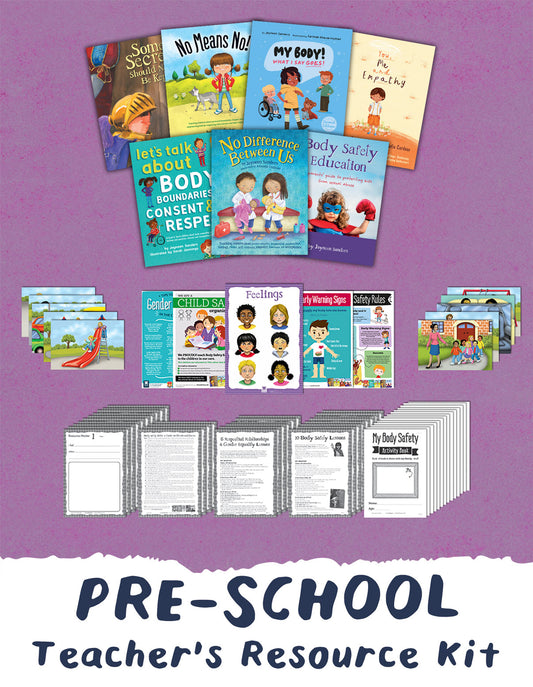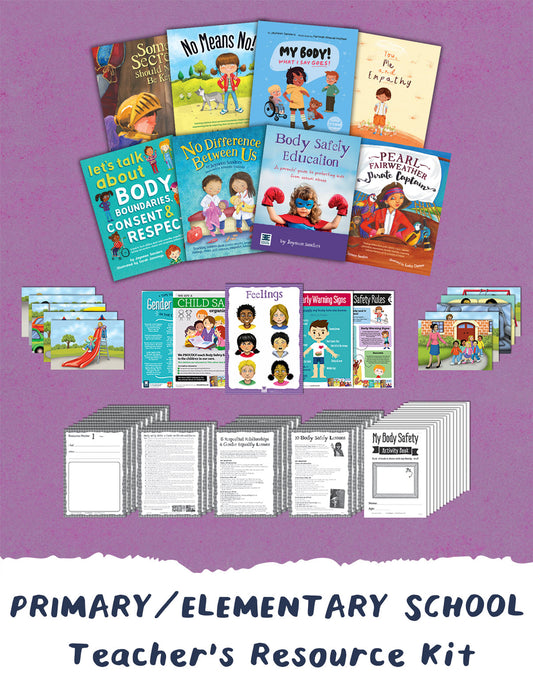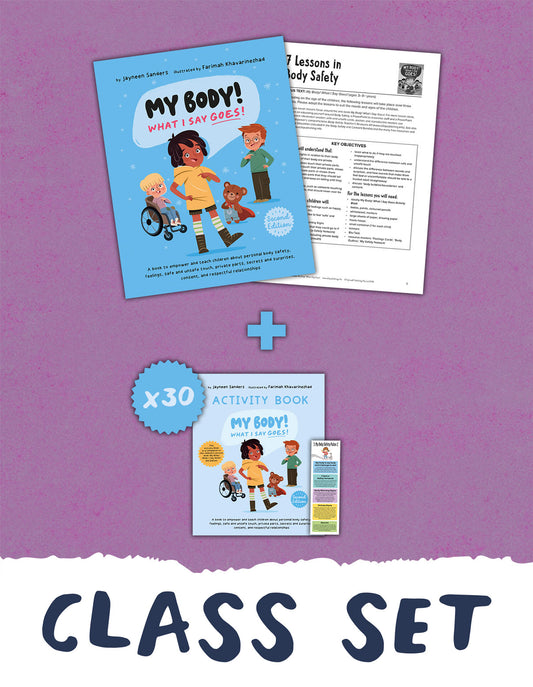The following communication skills may be helpful for students when discussing or debating ideas in a group situation.
Let everyone have a turn at speaking.
1. Allow everyone in the group a chance to speak and acknowledge what they said respectfully, e.g. “I hear and understand what you said and I agree/disagree. I think … because …”
Don’t make fun or discount another person’s ideas.
2. Speak about ideas and not about a person/s.
Listen to others when it’s their turn. Listening to other’s ideas is how we learn.
3. Do not dominate the conversation; allow each person a turn to speak.
4. Listen and don’t interrupt or talk over others, allowing each speaker to finish his/her point.
5. Listen with empathy, respect and courtesy, be mindful of others feelings/passions as they speak.
Take time to talk about and explore ideas.
6. Give those in the group time to think about and understand the discussion before moving on.
7. All speakers should try to keep to the point and focus on the topic at hand and not be distracted.
8. Be aware of your own biases.
9. Have an open mind to changing your stance if the evidence is clear.
10. Endeavor to build an understanding of the content and context of the debate.
11. If the aim of the group is to work towards a shared solution/outcome, be open-minded and flexible without compromising your values.
Ask questions of others.
12. Ask clarifying questions.
Don’t be afraid to speak up. Your voice matters.
13. Don’t be afraid to voice your opinion if it is in disagreement with the majority.
14. All voices count and all voices matter, be respectful of this.
Don’t take the argument with you.
15. Leave disagreements around the topic behind when leaving the room.
Jayneen Sanders (aka Jay Dale) is a teacher, author, mother of three and writes children’s books on Body Safety, Gender Equality, Consent, Respect and Social and Emotional Intelligence
All Jayneen’s books are available at www.e2epublishing.info and Amazon.




